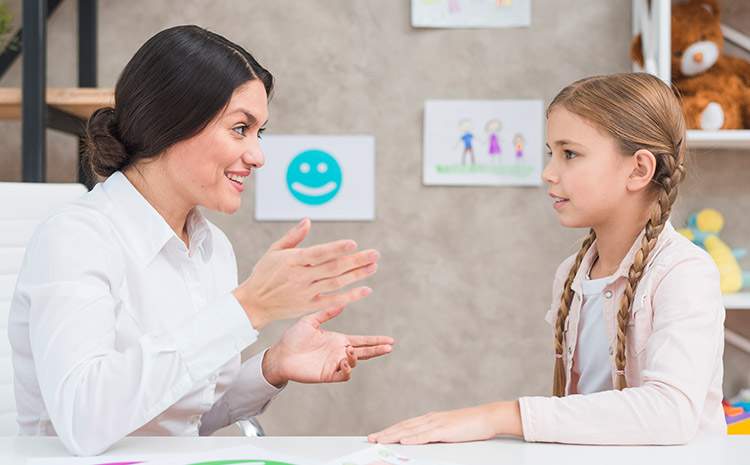Children and adolescents are a fundamental part of society, who are more vulnerable to what happens outside, such as family problems, academics and even physical abuse. The number of adolescents with depression is increasing and it has become a global health problem, which can be curbed by becoming aware of how to identify it and prevent the problem from escalating.
This health condition causes a general feeling of sadness in children that lasts a long time and additionally they lose interest in activities that they used to enjoy before. The symptoms of this condition must be noted, since they are different at each age. Therefore, here we tell you some symptoms and causes that can occur in children according to their age.
Children from 0 to 3 years:
In this case, the symptoms that can be noticed are excessive crying, ulcers or gastritis. Here you can realize that the symptoms are not only mental or emotional, they can be physical as well. The most frequent causes of depression in children of this age is due to separation from their parents or close people who care for them, physical abuse or some type of abuse. Children of this age are the most vulnerable as they depend on the 100% around them for survival and general well-being in their physical and emotional state.
Children 3 to 5 years
In these cases, depression is less frequent but it can still be identified in a very clear way if it is present. Symptoms range from a lack of enjoyment in playing to loss of appetite, which lasts for several days. Its causes are due to unfavorable reactions from close people, such as the disapproval of their parents or excessive control. This causes children to feel very insecure and unable to be themselves and feel good about their surroundings. Some children may begin to be more inhibited than others and emotionally dependent on their father figures.
Children from 6 to 12 years old
Children grow and adapt to their environment to feel that they belong, which is a natural human action. When children of this age suffer from depression, it can have a very varied origin, but the most frequent are due to moving, changing schools, death of a relative, low grades, rejection at school or lack of approval by their relatives. What they may feel is the devaluation of themselves, that is, they feel that they are not important or valid for others. Their self-esteem is very low and they begin to lower their tolerance levels towards the rest. Additionally, they also tend to have increased irritability and a lack of interest in seeing more people.
Depression can be treated, but it must first be identified by those closest to you in order to do something about it. Children depend on adults to improve, learn and grow, so it is essential to maintain trusting communication with them so that they can open up and tell what they are going through. In this communication process he begins to identify his strengths in a very authentic and natural way, this means that you can start to tell him that he is very good in this subject at school or that he is capable of painting a beautiful picture.
Give him positive feedback to boost his self-esteem and make him feel like his voice is important. Children and adolescents are vital in our society, which is why he begins to foster a love relationship with them so that they grow up to be conscious human beings, connected with their positive emotions and, above all, healthy.













